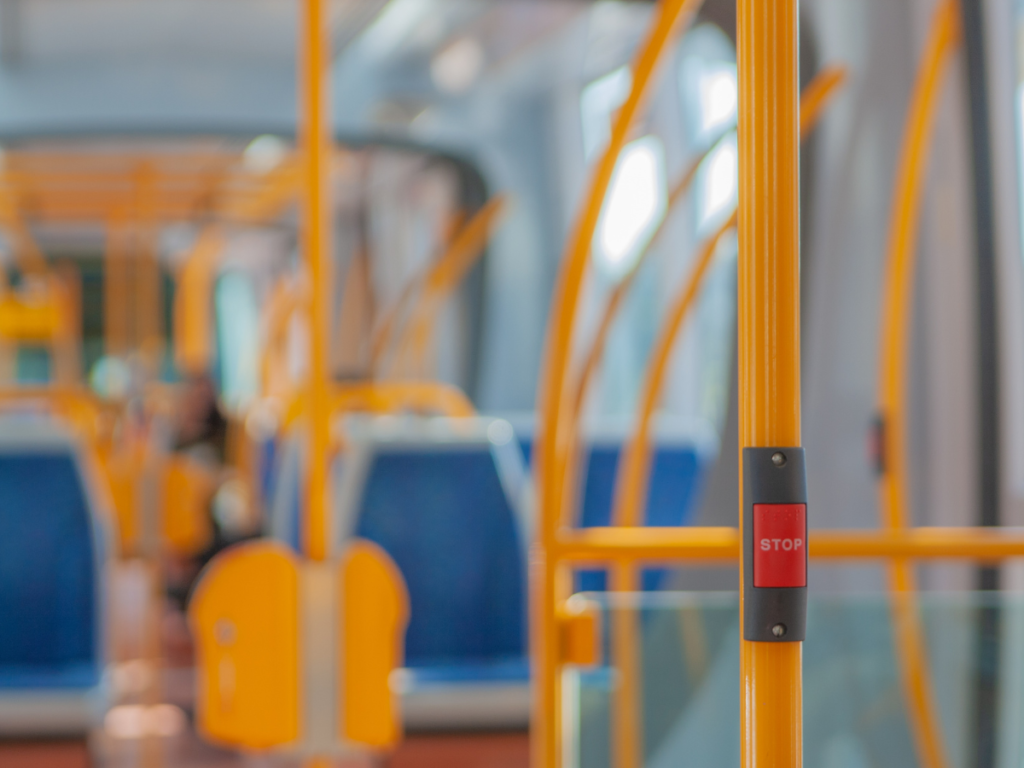Based on a survey of 1,250 passengers, Koan Advisory Group recommends overhauling India’s transportation payments for a seamless experience.
According to a report by Koan Advisory Group, India’s public transport systems need to change in order to offer integrated fee payment choices that meet the various needs of passengers. The survey highlights commuters’ increasing inclination towards digital alternatives and debit/credit cards.
In a recent research titled Transit Payments in India – A Case for Choice and Interoperability, Koan Advisory Group, a public policy consulting business with offices in New Delhi, highlights the urgent need for end-to-end payment interoperability for commuters.
The paper explores the difficulties commuters encounter when paying for public transport as well as the variables influencing their choices for various payment methods. It is based on a survey that included 1,250 commuters at over 60 locations in four major metro areas.

Main conclusions:
Use of multimodal transit
More than 90% of participants utilise multiple transit modes for their travels, underscoring the necessity of accommodating options for fee payment.
inclination towards credit/debit cards
In order to save time, two-thirds of respondents said they prefer to use debit or credit cards for transportation payments instead of buying and reloading prepaid cards.
The impact of rewards
When selecting their payment option, 66% of commuters take into account incentives like discounts, cashback offers, and brand benefits.
Call for mutual compatibility
Additionally, 75% of commuters support having several ways to pay for transport fares, highlighting the significance of interoperable payment methods to meet a range of needs.
According to Ateesh Nandi of Koan Advisory Group. Our research unequivocally demonstrates that commuters seek variety and compatibility in their payment options, and they are more drawn to digital and debit/credit card alternatives. India’s public transport networks need to develop in order to offer integrated fare payment choices that satisfy travellers’ various needs.
Additional findings
According to the report, there will be a decrease in the use of cash and prepaid transit cards and a shift towards a preference for debit/credit card use on public transport. This development is consistent with the general move away from cash payments and the possible advantages of data-driven integrated fare management systems.
It also talks about the One-Nation, One Card programme of the Union government. It draws attention to the fact that commuters’ expectations for inclusive and interoperable transit payment systems are not fully met by this programme, which prioritises offline payments at transit turnstiles. There is still a problem with closed-loop prepaid transit cards.
The Koan study also emphasises the need of account-based ticketing systems, which effortlessly link to consumers’ bank accounts via debit/credit cards or mobile ticketing. In India, where public transportation is dispersed and varied, these systems facilitate the creation of unified fare management solutions across multiple forms of transportation, which is an essential necessity.
Nandi added, “It is crucial to prioritise account-based ticketing systems that integrate seamlessly with users’ bank accounts in order to address the challenges posed by India’s fragmented transit landscape.” “This strategy will not only improve commuter convenience but also open the door for India to have a more modern and inclusive public transport system.”











